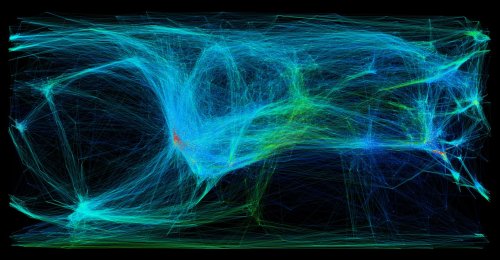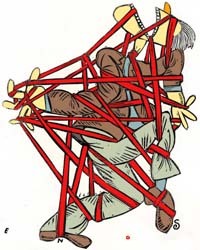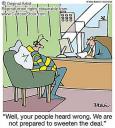
Reducing stress might be as easy as eating the right foods:
1. Blueberries—Besides having been identified as one of the healthiest foods around, blueberries are very high in vitamin C, which has been shown to give the body added reserves to help it deal with high levels of stress. Also, blueberries contain a high amount of fiber, which helps regulate blood sugar levels. Blood sugar levels that fluctuate too much are a major contributor to stress for some people.
2. Low fat or skim milk—Milk is very high in calcium and B vitamins, which help to build your bones and protect nerve health. It is also high in protein, and protein also helps blood sugar to stay stabilized. Try mixing some milk, a sweetener and some frozen blueberries in the blender for a healthy pick-me-up that is super good for you, and an excellent alternative to ice cream!
3. Oranges—Oranges are very rich in vitamin C. When you are stressed, your body releases even more free radicals than usual. Vitamin C helps to keep the free radicals in check, and repairs the body. Basically, it helps protect the body from the cumulative effects of stress.
4. Brown rice—All whole grains, including bulger wheat, quinoa, oats and brown rice contain plenty of B vitamins and also supply serotonin producing carbohydrates that do not spike blood sugar levels. They also contain plenty of healthy fiber.
5. Green vegetables—Broccoli, kale, and other dark green vegetables are powerhouses of vitamins that help replenish our bodies in times of stress. Many vegetables also contain potassium, which is good for our nerves and can calm them. Also, when we eat a diet high in vegetables, we do not feel weighed down by our diet, and it is easier to get stress-reducing exercise.
6. Dried apricots—These are rich in magnesium, which is a stress-buster. Some people even say that magnesium helps reduce heart palpitations brought on by stress. Magnesium is a natural muscle relaxant as well. Apricots are also high in fiber and vitamin C. Don’t eat too many of them, though, because they also contain quite a bit of fructose, a type of sugar. [Read more →]
Tags: Mental Anguish by Dr. Leslie Brown
1 Comment »
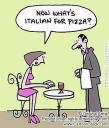 Everyone already knows that babies take 1-2 years to learn basic language communication skills. What people tend to forget is that adults actually have several advantages over infants when it comes to learning new languages…
Everyone already knows that babies take 1-2 years to learn basic language communication skills. What people tend to forget is that adults actually have several advantages over infants when it comes to learning new languages…

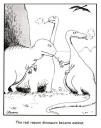


 Well in recent news, I’ve been banned from the
Well in recent news, I’ve been banned from the  Â
 



